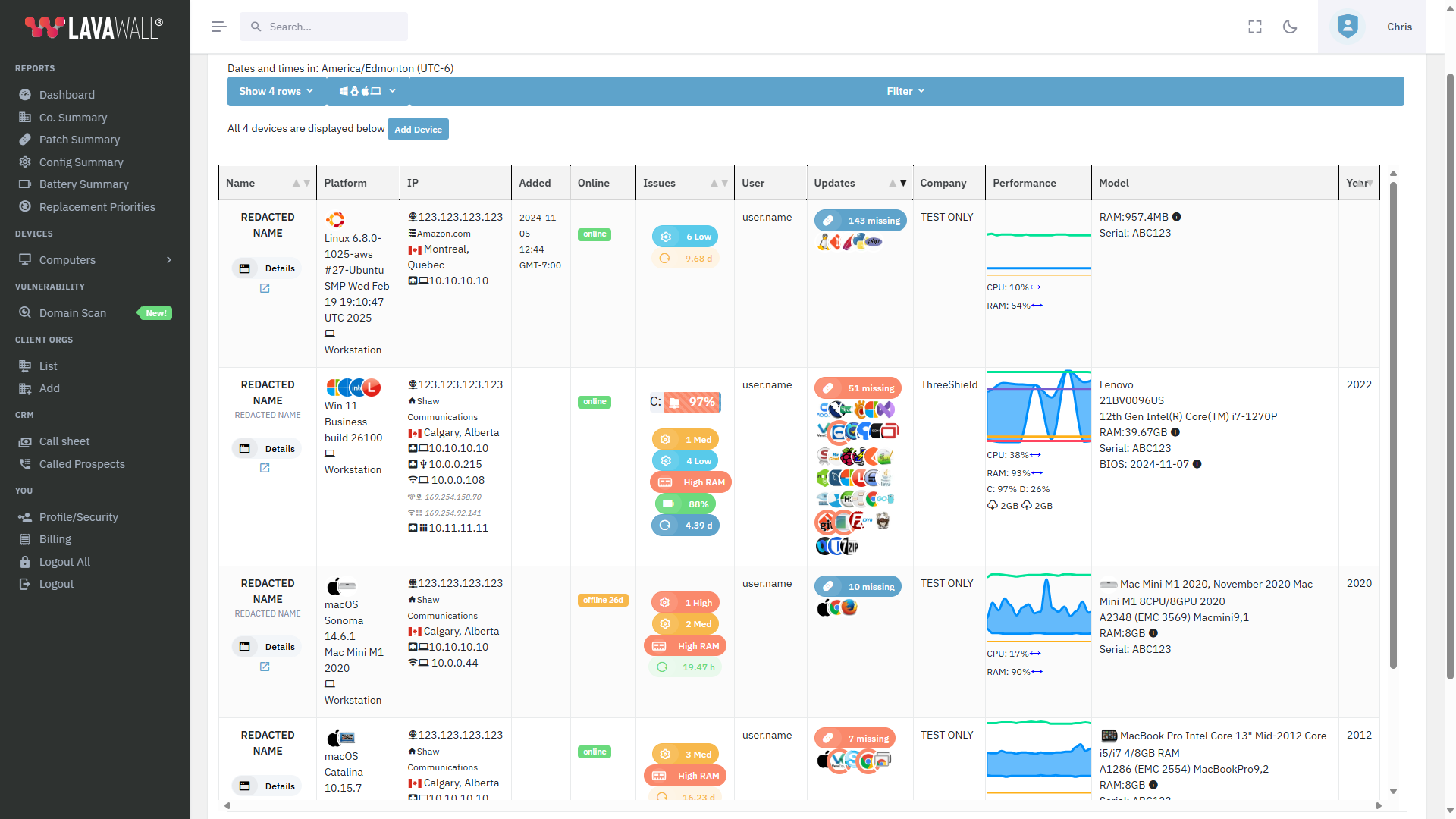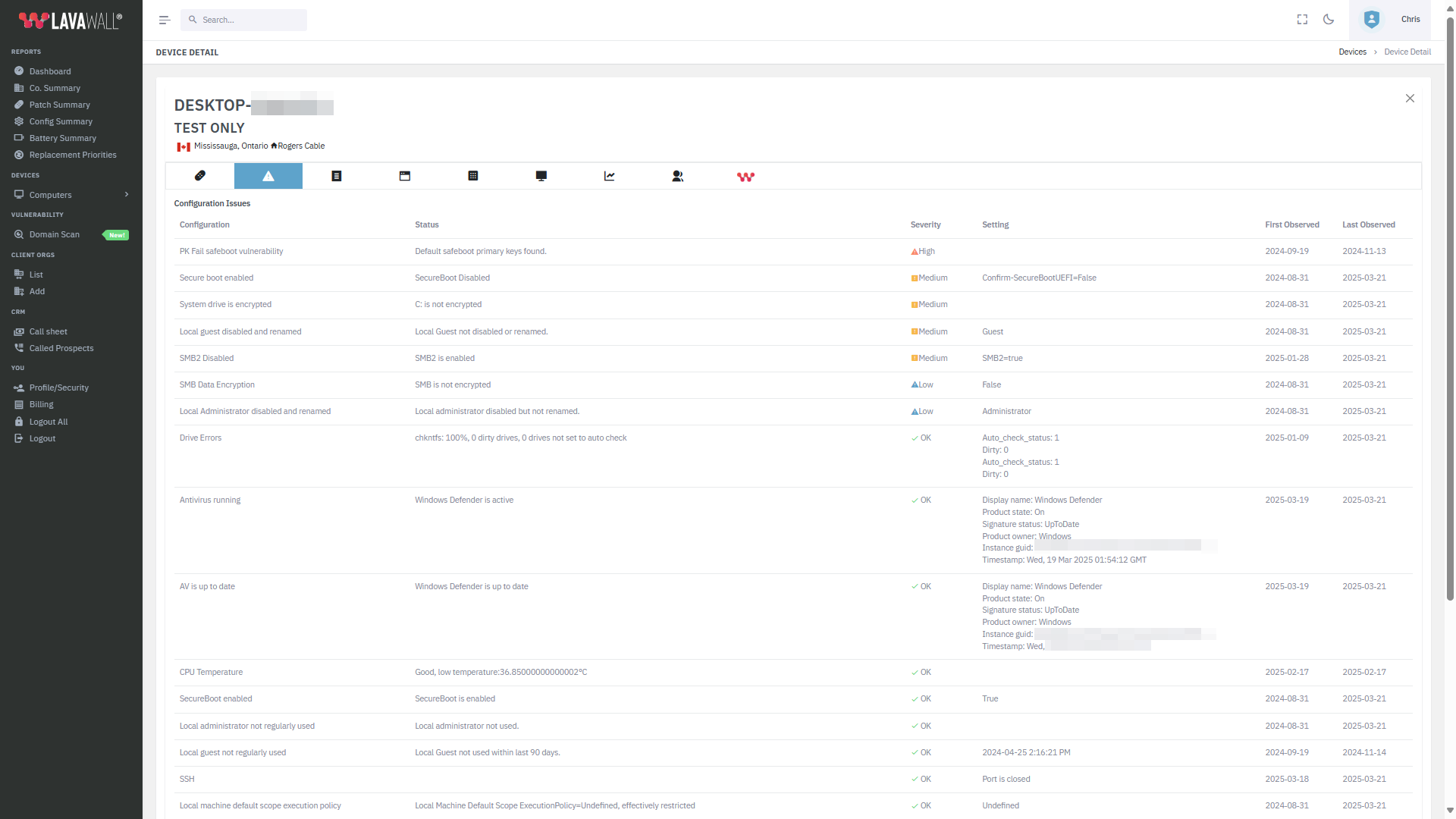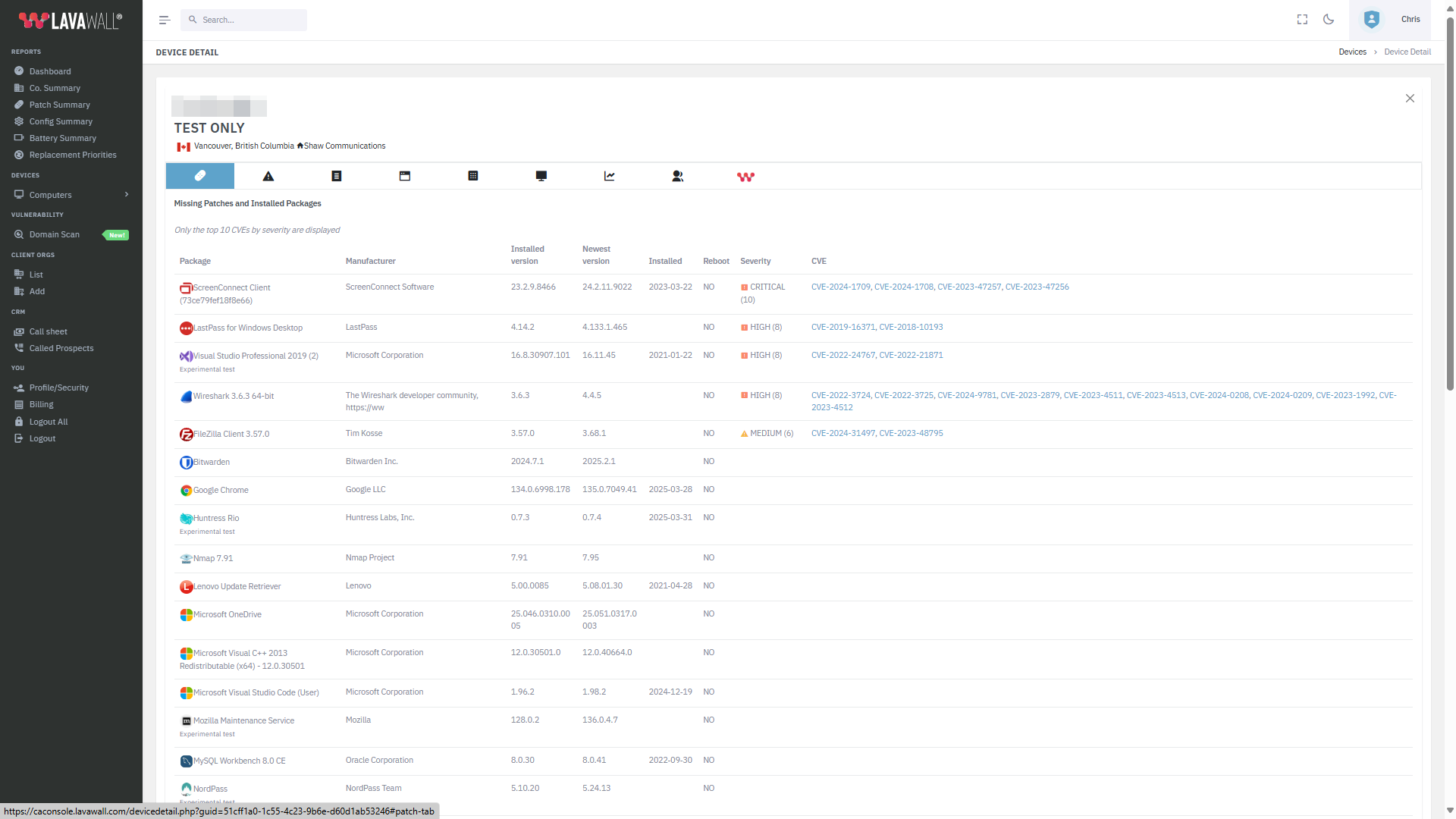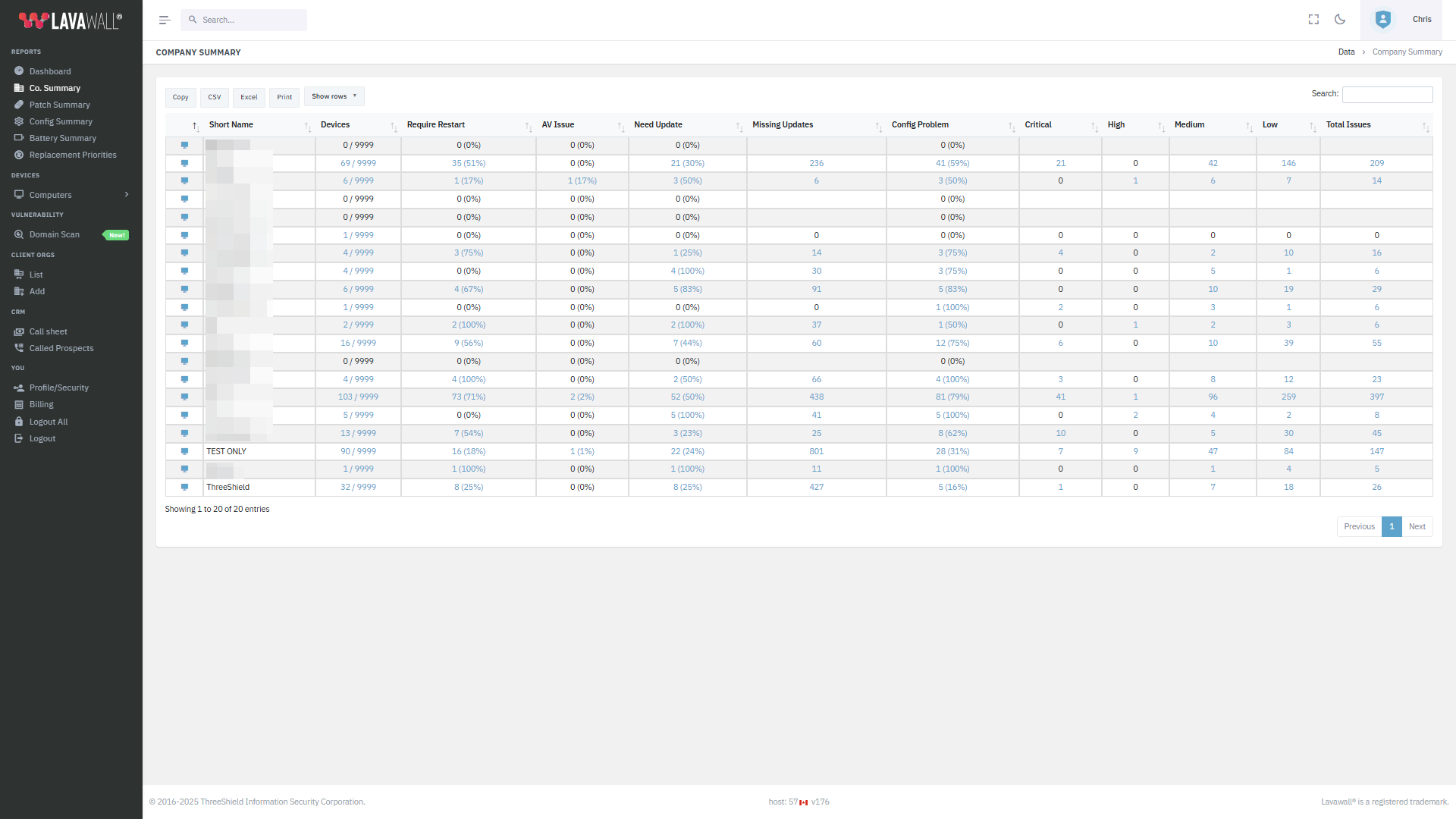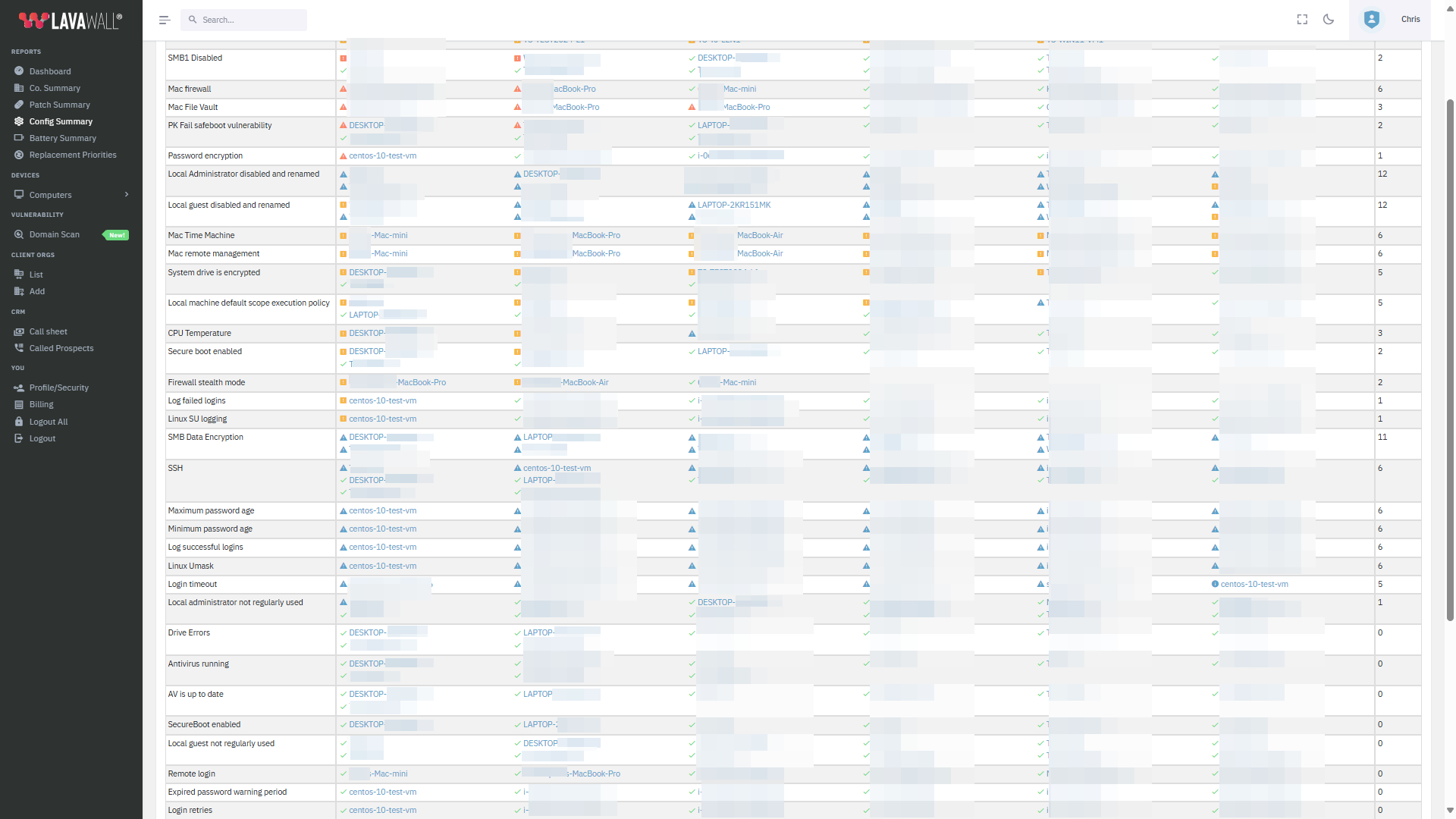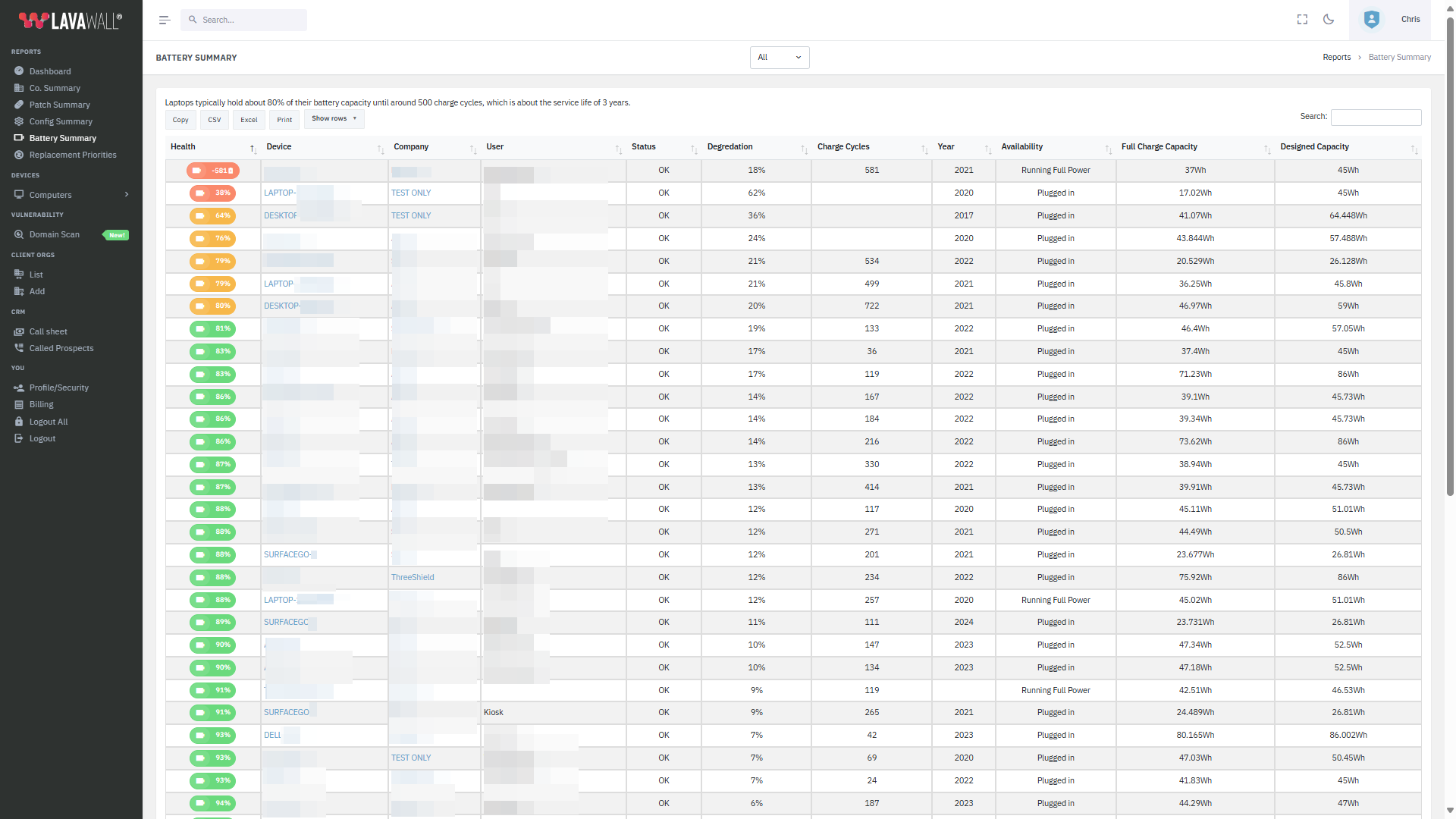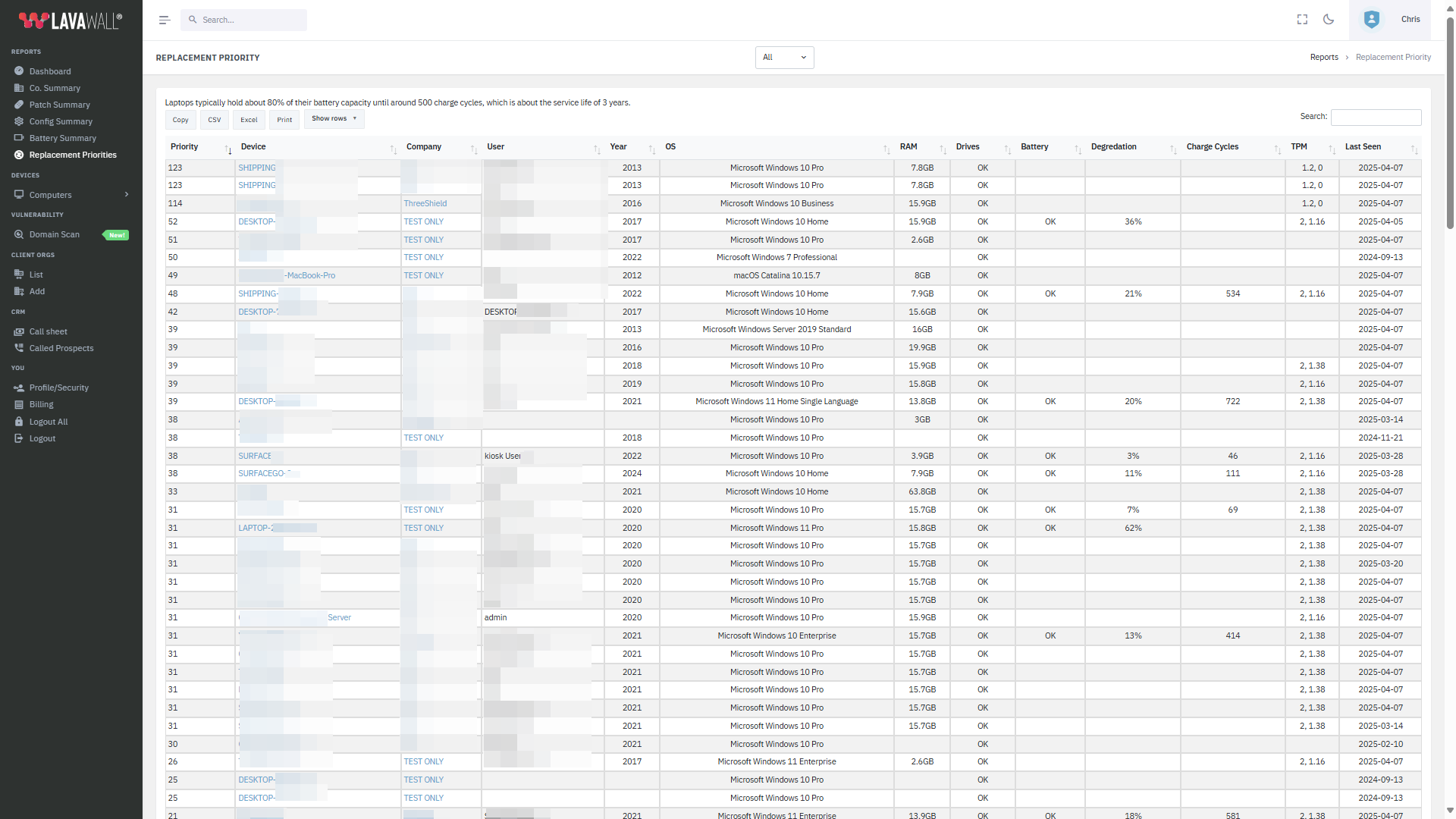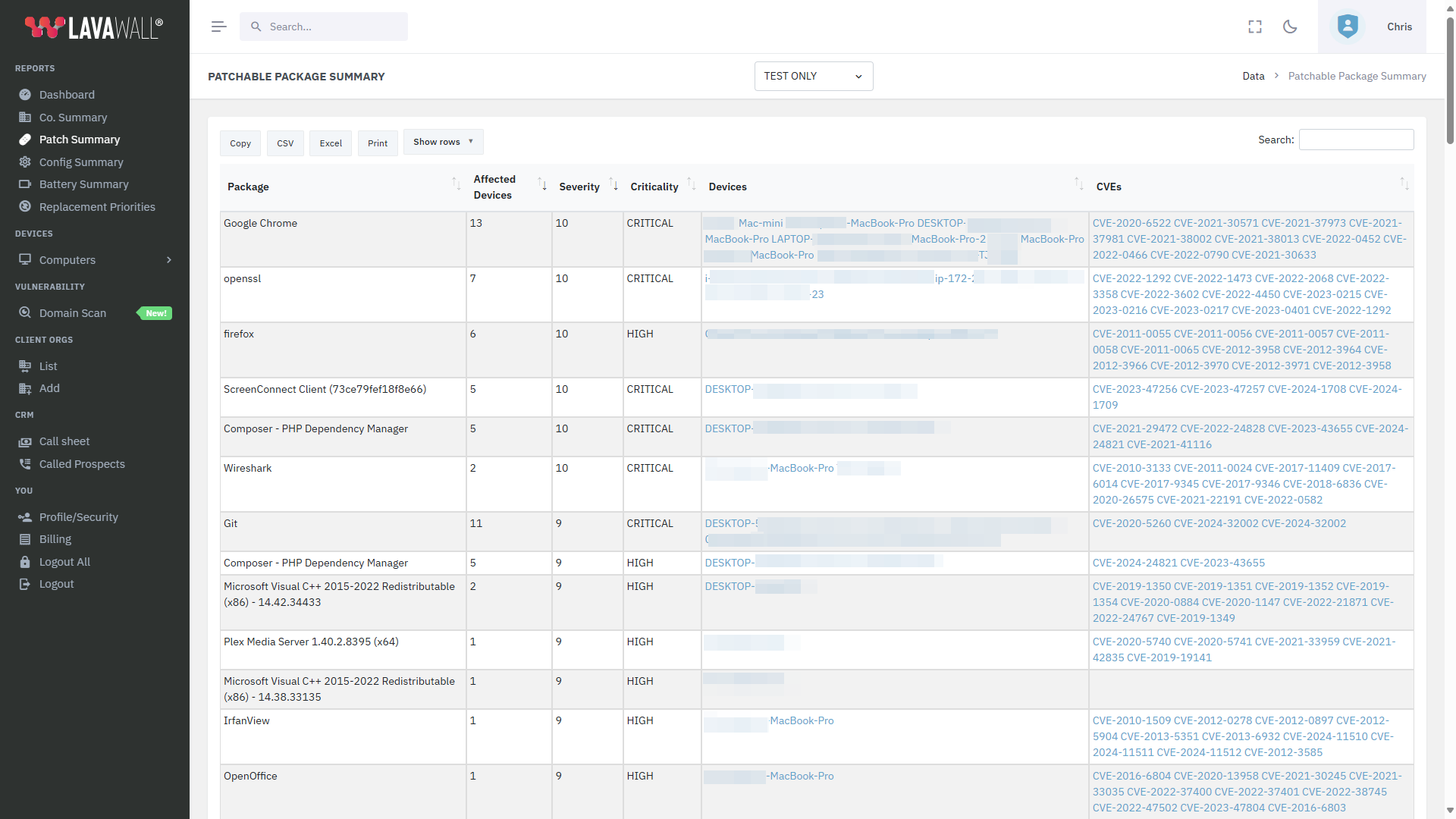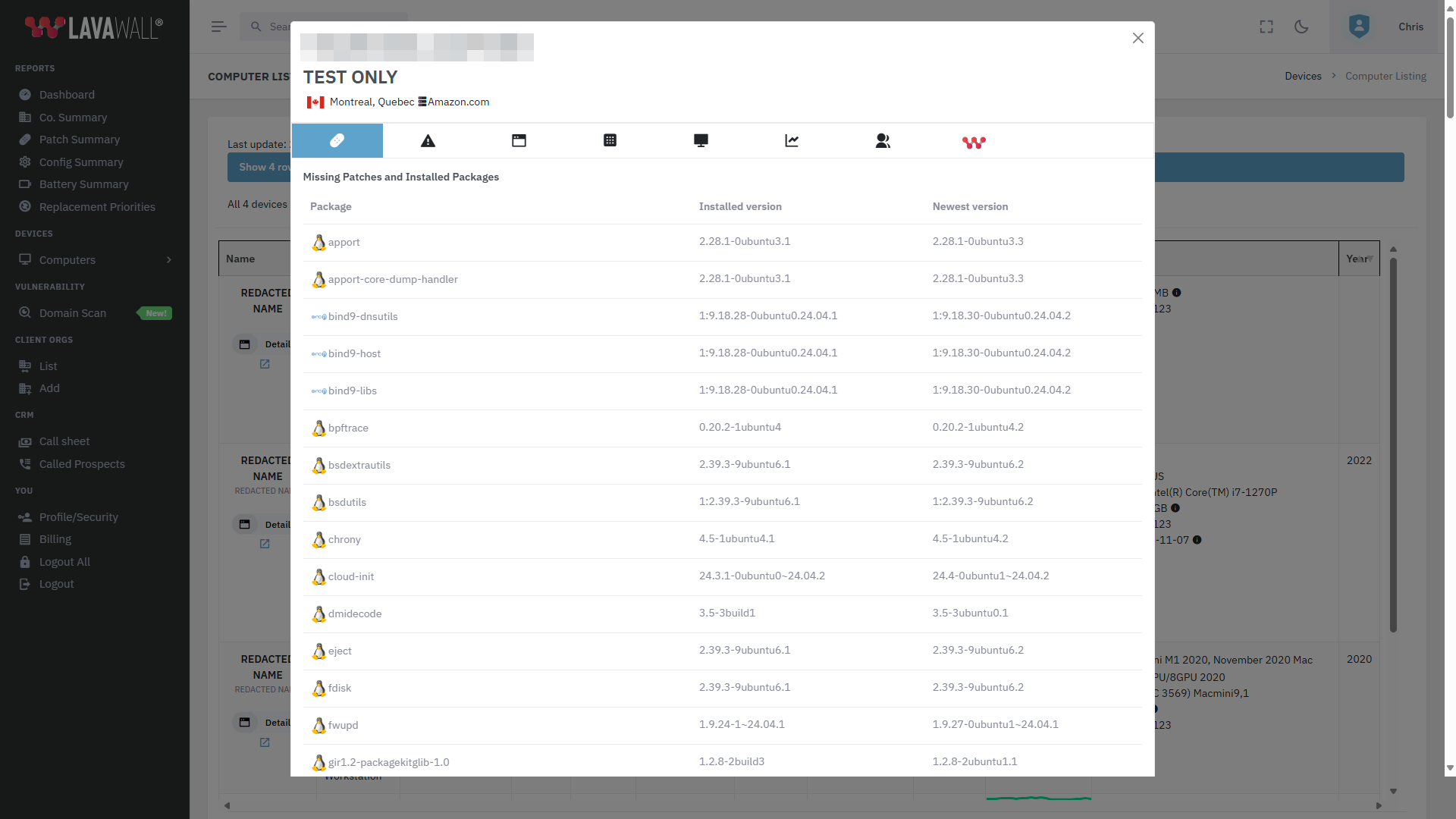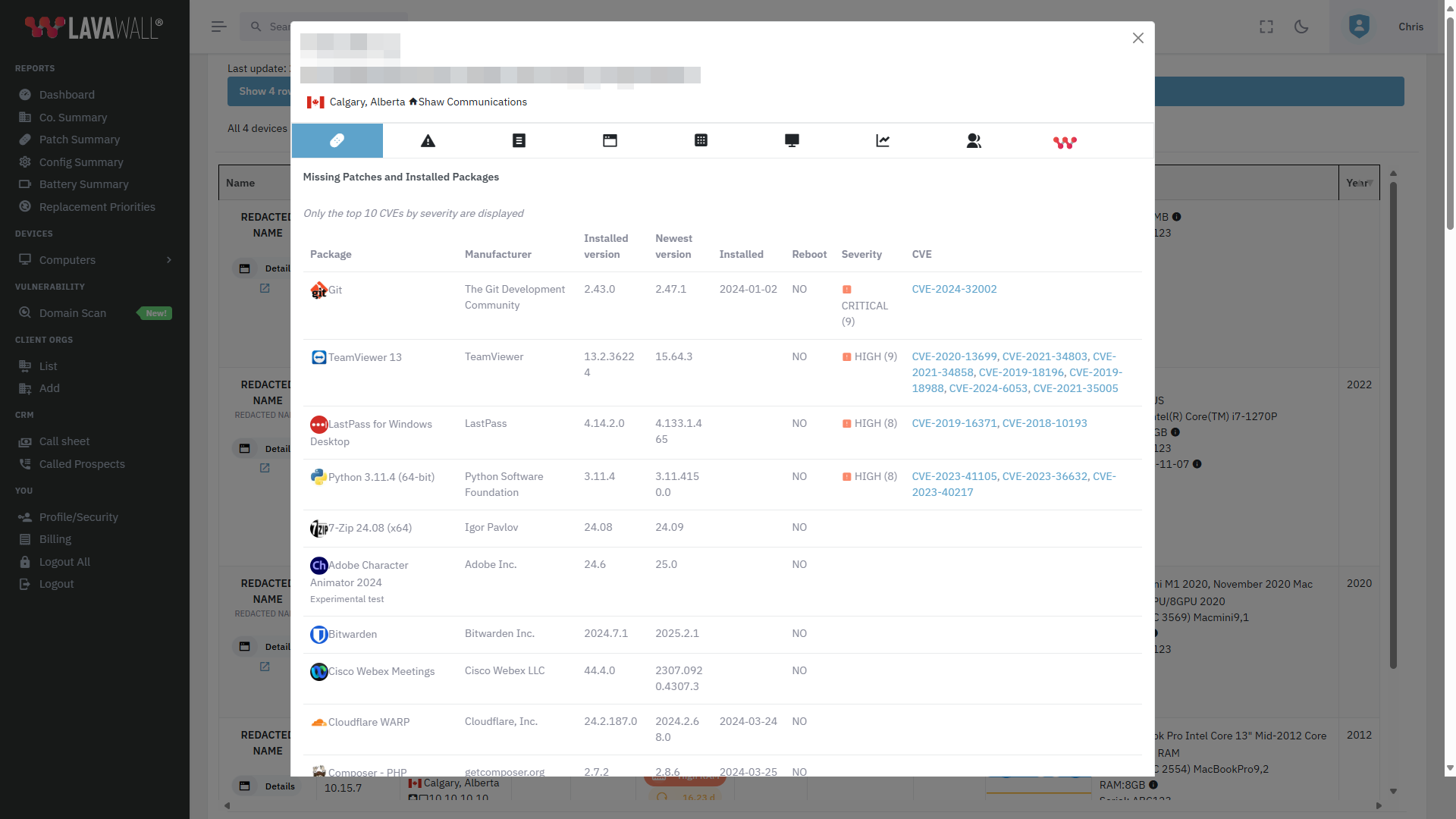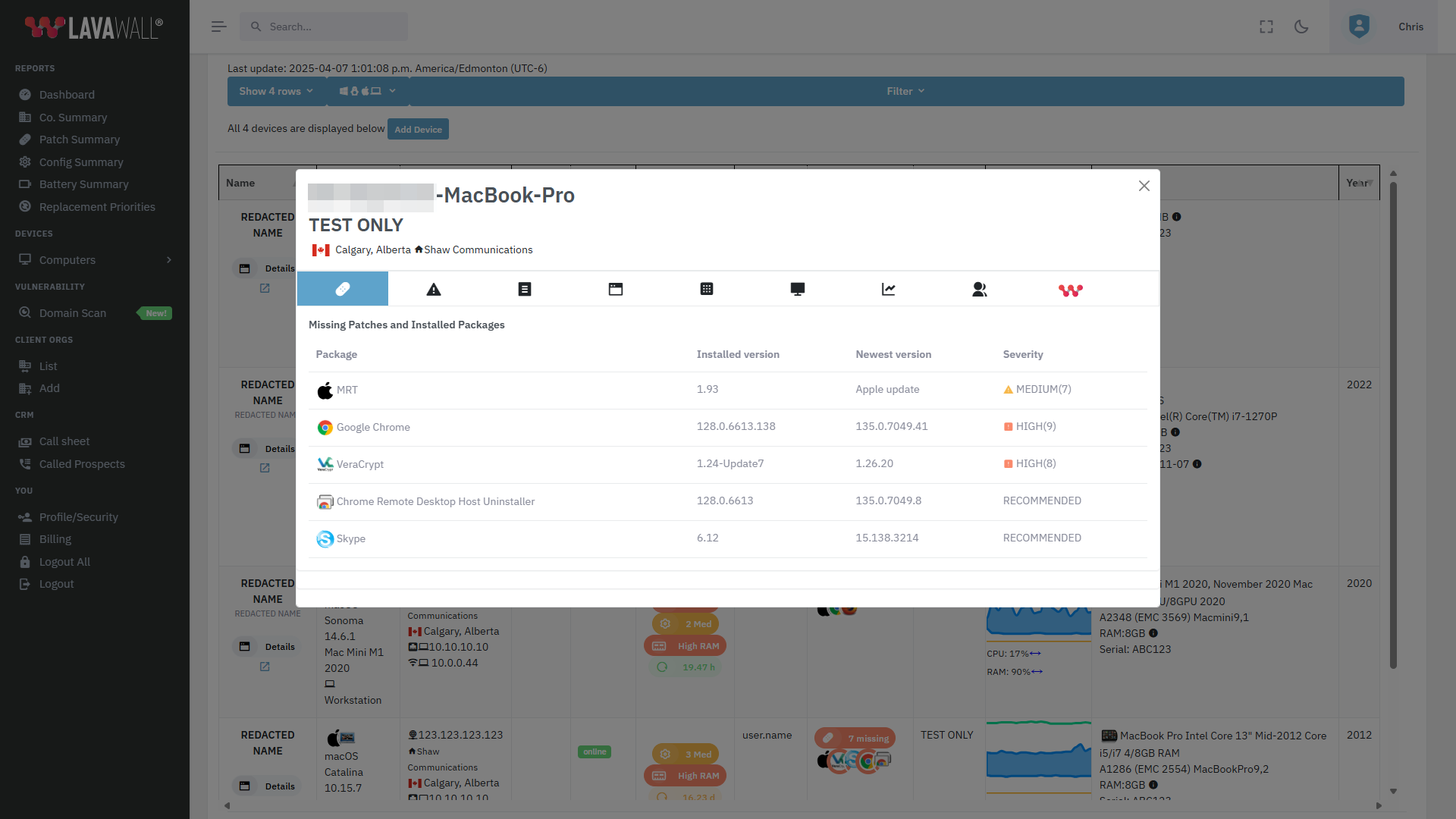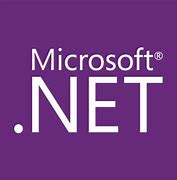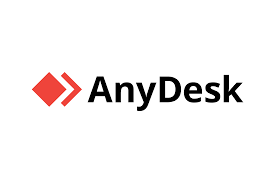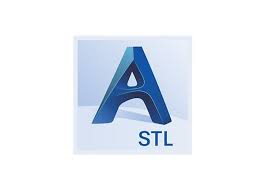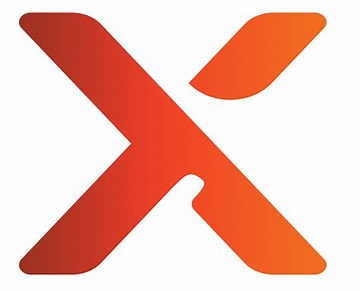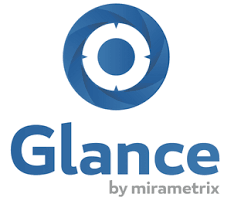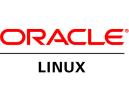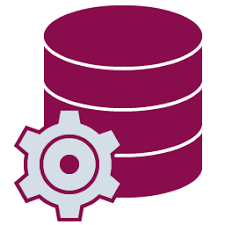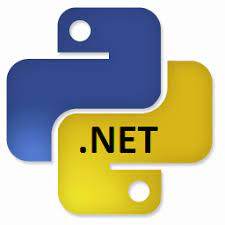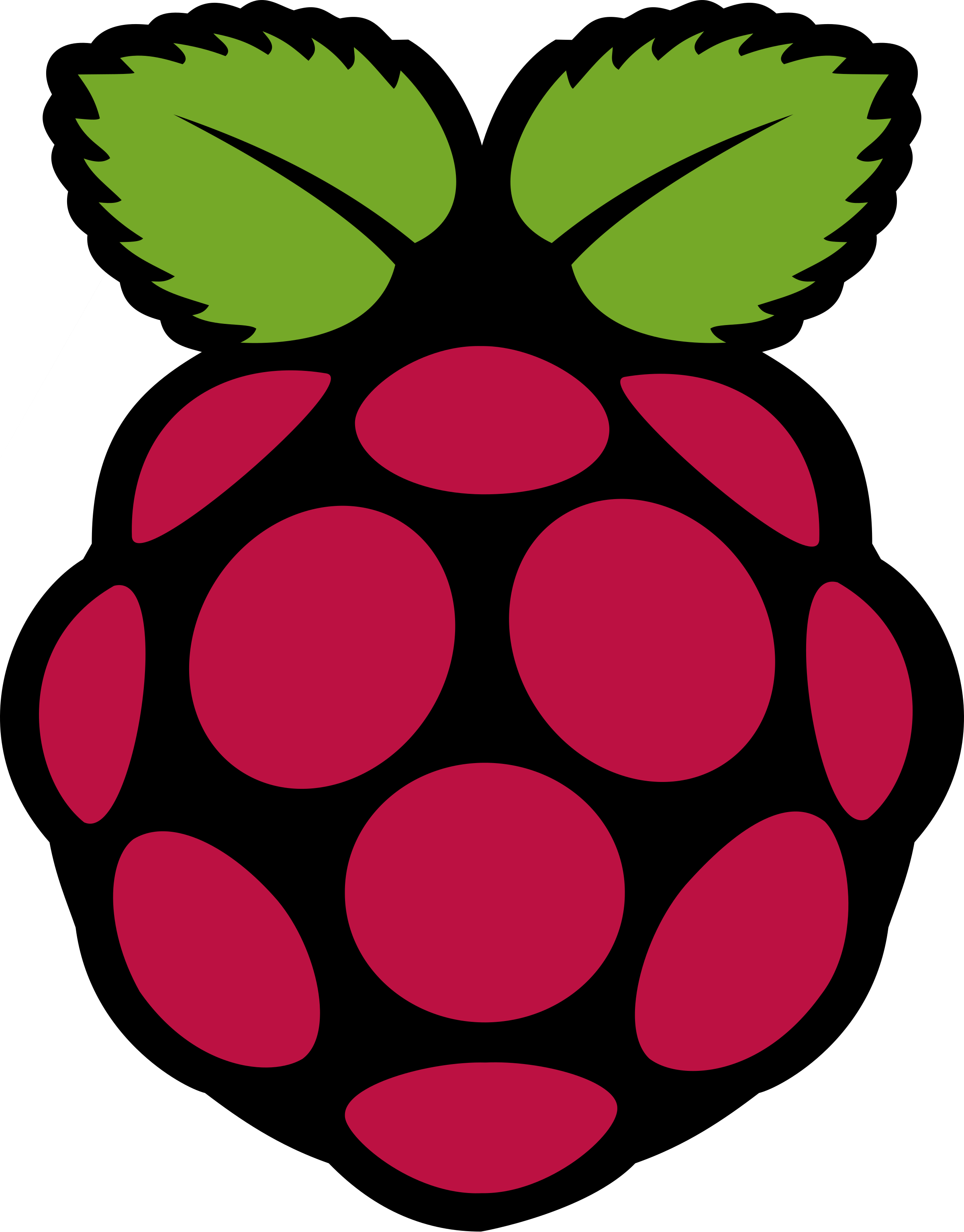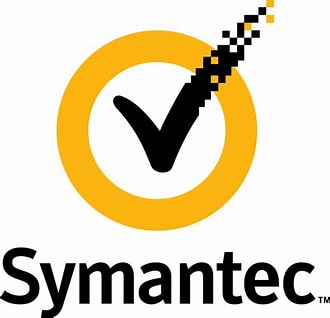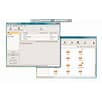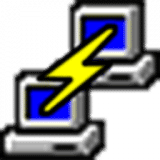
Update Putty to version 0.83
What patches are you missing?
CVE Vulnerabilities for Putty
| CVE | Published | Severity | Details | Exploitability | Impact | Vector |
| CVE‑2024‑31497 | 2024‑04‑15 20:15:11 | MEDIUM (6) | In PuTTY 0.68 through 0.80 before 0.81, biased ECDSA nonce generation allows an attacker to recover a user's NIST P-521 secret key via a quick attack in approximately 60 signatures. This is especially important in a scenario where an adversary is able to read messages signed by PuTTY or Pageant. The required set of signed messages may be publicly readable because they are stored in a public Git service that supports use of SSH for commit signing, and the signatures were made by Pageant through an agent-forwarding mechanism. In other words, an adversary may already have enough signature information to compromise a victim's private key, even if there is no further use of vulnerable PuTTY versions. After a key compromise, an adversary may be able to conduct supply-chain attacks on software maintained in Git. A second, independent scenario is that the adversary is an operator of an SSH server to which the victim authenticates (for remote login or file copy), even though this server is not fully trusted by the victim, and the victim uses the same private key for SSH connections to other services operated by other entities. Here, the rogue server operator (who would otherwise have no way to determine the victim's private key) can derive the victim's private key, and then use it for unauthorized access to those other services. If the other services include Git services, then again it may be possible to conduct supply-chain attacks on software maintained in Git. This also affects, for example, FileZilla before 3.67.0, WinSCP before 6.3.3, TortoiseGit before 2.15.0.1, and TortoiseSVN through 1.14.6. | 2 | 4 | NETWORK |
| CVE‑2023‑48795 | 2023‑12‑18 16:15:11 | MEDIUM (6) | The SSH transport protocol with certain OpenSSH extensions, found in OpenSSH before 9.6 and other products, allows remote attackers to bypass integrity checks such that some packets are omitted (from the extension negotiation message), and a client and server may consequently end up with a connection for which some security features have been downgraded or disabled, aka a Terrapin attack. This occurs because the SSH Binary Packet Protocol (BPP), implemented by these extensions, mishandles the handshake phase and mishandles use of sequence numbers. For example, there is an effective attack against SSH's use of ChaCha20-Poly1305 (and CBC with Encrypt-then-MAC). The bypass occurs in chacha20-poly1305@openssh.com and (if CBC is used) the -etm@openssh.com MAC algorithms. This also affects Maverick Synergy Java SSH API before 3.1.0-SNAPSHOT, Dropbear through 2022.83, Ssh before 5.1.1 in Erlang/OTP, PuTTY before 0.80, AsyncSSH before 2.14.2, golang.org/x/crypto before 0.17.0, libssh before 0.10.6, libssh2 through 1.11.0, Thorn Tech SFTP Gateway before 3.4.6, Tera Term before 5.1, Paramiko before 3.4.0, jsch before 0.2.15, SFTPGo before 2.5.6, Netgate pfSense Plus through 23.09.1, Netgate pfSense CE through 2.7.2, HPN-SSH through 18.2.0, ProFTPD before 1.3.8b (and before 1.3.9rc2), ORYX CycloneSSH before 2.3.4, NetSarang XShell 7 before Build 0144, CrushFTP before 10.6.0, ConnectBot SSH library before 2.2.22, Apache MINA sshd through 2.11.0, sshj through 0.37.0, TinySSH through 20230101, trilead-ssh2 6401, LANCOM LCOS and LANconfig, FileZilla before 3.66.4, Nova before 11.8, PKIX-SSH before 14.4, SecureCRT before 9.4.3, Transmit5 before 5.10.4, Win32-OpenSSH before 9.5.0.0p1-Beta, WinSCP before 6.2.2, Bitvise SSH Server before 9.32, Bitvise SSH Client before 9.33, KiTTY through 0.76.1.13, the net-ssh gem 7.2.0 for Ruby, the mscdex ssh2 module before 1.15.0 for Node.js, the thrussh library before 0.35.1 for Rust, and the Russh crate before 0.40.2 for Rust. | 2 | 4 | NETWORK |
| CVE‑2021‑36367 | 2021‑07‑09 21:15:09 | HIGH (8) | PuTTY through 0.75 proceeds with establishing an SSH session even if it has never sent a substantive authentication response. This makes it easier for an attacker-controlled SSH server to present a later spoofed authentication prompt (that the attacker can use to capture credential data, and use that data for purposes that are undesired by the client user). | 3 | 5 | NETWORK |
| CVE‑2021‑33500 | 2021‑05‑21 20:15:08 | HIGH (8) | PuTTY before 0.75 on Windows allows remote servers to cause a denial of service (Windows GUI hang) by telling the PuTTY window to change its title repeatedly at high speed, which results in many SetWindowTextA or SetWindowTextW calls. NOTE: the same attack methodology may affect some OS-level GUIs on Linux or other platforms for similar reasons. | 4 | 4 | NETWORK |
| CVE‑2020‑14002 | 2020‑06‑29 18:15:12 | MEDIUM (6) | PuTTY 0.68 through 0.73 has an Observable Discrepancy leading to an information leak in the algorithm negotiation. This allows man-in-the-middle attackers to target initial connection attempts (where no host key for the server has been cached by the client). | 2 | 4 | NETWORK |
| CVE‑2019‑9898 | 2019‑03‑21 16:01:18 | HIGH (8) | Potential recycling of random numbers used in cryptography exists within PuTTY before 0.71. | 0 | 0 | NETWORK |
| CVE‑2019‑9897 | 2019‑03‑21 16:01:18 | MEDIUM (5) | Multiple denial-of-service attacks that can be triggered by writing to the terminal exist in PuTTY versions before 0.71. | 0 | 0 | NETWORK |
| CVE‑2019‑9896 | 2019‑03‑21 16:01:18 | HIGH (8) | In PuTTY versions before 0.71 on Windows, local attackers could hijack the application by putting a malicious help file in the same directory as the executable. | 2 | 6 | LOCAL |
| CVE‑2019‑9895 | 2019‑03‑21 16:01:18 | HIGH (8) | In PuTTY versions before 0.71 on Unix, a remotely triggerable buffer overflow exists in any kind of server-to-client forwarding. | 0 | 0 | NETWORK |
| CVE‑2019‑9894 | 2019‑03‑21 16:01:18 | MEDIUM (6) | A remotely triggerable memory overwrite in RSA key exchange in PuTTY before 0.71 can occur before host key verification. | 0 | 0 | NETWORK |
| CVE‑2019‑17069 | 2019‑10‑01 17:15:11 | HIGH (8) | PuTTY before 0.73 might allow remote SSH-1 servers to cause a denial of service by accessing freed memory locations via an SSH1_MSG_DISCONNECT message. | 4 | 4 | NETWORK |
| CVE‑2019‑17068 | 2019‑10‑01 17:15:11 | HIGH (8) | PuTTY before 0.73 mishandles the "bracketed paste mode" protection mechanism, which may allow a session to be affected by malicious clipboard content. | 4 | 4 | NETWORK |
| CVE‑2019‑17067 | 2019‑10‑01 17:15:10 | CRITICAL (10) | PuTTY before 0.73 on Windows improperly opens port-forwarding listening sockets, which allows attackers to listen on the same port to steal an incoming connection. | 4 | 6 | NETWORK |
| CVE‑2017‑6542 | 2017‑03‑27 17:59:01 | HIGH (8) | The ssh_agent_channel_data function in PuTTY before 0.68 allows remote attackers to have unspecified impact via a large length value in an agent protocol message and leveraging the ability to connect to the Unix-domain socket representing the forwarded agent connection, which trigger a buffer overflow. | 0 | 0 | NETWORK |
| CVE‑2016‑6167 | 2017‑01‑30 22:59:01 | HIGH (8) | Multiple untrusted search path vulnerabilities in Putty beta 0.67 allow local users to execute arbitrary code and conduct DLL hijacking attacks via a Trojan horse (1) UxTheme.dll or (2) ntmarta.dll file in the current working directory. | 2 | 6 | LOCAL |
| CVE‑2016‑2563 | 2016‑04‑07 23:59:08 | HIGH (8) | Stack-based buffer overflow in the SCP command-line utility in PuTTY before 0.67 and KiTTY 0.66.6.3 and earlier allows remote servers to cause a denial of service (stack memory corruption) or execute arbitrary code via a crafted SCP-SINK file-size response to an SCP download request. | 0 | 0 | NETWORK |
| CVE‑2015‑5309 | 2015‑12‑07 20:59:08 | MEDIUM (4) | Integer overflow in the terminal emulator in PuTTY before 0.66 allows remote attackers to cause a denial of service (memory corruption) or possibly execute arbitrary code via an ECH (erase characters) escape sequence with a large parameter value, which triggers a buffer underflow. | 0 | 0 | NETWORK |
| CVE‑2015‑2157 | 2015‑03‑27 14:59:06 | LOW (2) | The (1) ssh2_load_userkey and (2) ssh2_save_userkey functions in PuTTY 0.51 through 0.63 do not properly wipe SSH-2 private keys from memory, which allows local users to obtain sensitive information by reading the memory. | 0 | 0 | LOCAL |
| CVE‑2013‑4852 | 2013‑08‑19 23:55:09 | MEDIUM (7) | Integer overflow in PuTTY 0.62 and earlier, WinSCP before 5.1.6, and other products that use PuTTY allows remote SSH servers to cause a denial of service (crash) and possibly execute arbitrary code in certain applications that use PuTTY via a negative size value in an RSA key signature during the SSH handshake, which triggers a heap-based buffer overflow. | 0 | 0 | NETWORK |
| CVE‑2013‑4208 | 2013‑08‑19 23:55:09 | LOW (2) | The rsa_verify function in PuTTY before 0.63 (1) does not clear sensitive process memory after use and (2) does not free certain structures containing sensitive process memory, which might allow local users to discover private RSA and DSA keys. | 0 | 0 | LOCAL |
| CVE‑2013‑4207 | 2013‑08‑19 23:55:09 | MEDIUM (4) | Buffer overflow in sshbn.c in PuTTY before 0.63 allows remote SSH servers to cause a denial of service (crash) via an invalid DSA signature that is not properly handled during computation of a modular inverse and triggers the overflow during a division by zero by the bignum functionality, a different vulnerability than CVE-2013-4206. | 0 | 0 | NETWORK |
| CVE‑2013‑4206 | 2013‑08‑19 23:55:09 | MEDIUM (7) | Heap-based buffer underflow in the modmul function in sshbn.c in PuTTY before 0.63 allows remote SSH servers to cause a denial of service (crash) and possibly trigger memory corruption or code execution via a crafted DSA signature, which is not properly handled when performing certain bit-shifting operations during modular multiplication. | 0 | 0 | NETWORK |
| CVE‑2011‑4607 | 2013‑08‑23 16:55:07 | LOW (2) | PuTTY 0.59 through 0.61 does not clear sensitive process memory when managing user replies that occur during keyboard-interactive authentication, which might allow local users to read login passwords by obtaining access to the process' memory. | 0 | 0 | LOCAL |
Be confident in your IT.
Lavawall® gives simple dashboards for a quick look and details at your fingertips without going through layers of menus. Finally.


Enhance Productivity. Save Money. Thwart Hackers
Finally. See IT and controls and proactively get users the computers and support they need without wasting money on perfectly good computers.
Security First
A security tool by security auditors. From Passkeys and Argon2i to source validation and MVSP principles, Lavawall® has you covered.
Constant Improvement
More features and more security added nearly every day.
More patchable programs added every week
While patching tools and RMMs have had the same patch offerings for decades, we're monitoring stats to keep adding the most useful programs (currently over 7,522)!
Details matter
From wrapping TLS communications in extra encryption and uninstalling remote support tools when they aren't used to detailed statistical analysis of system and network performance, Lavawall® goes in-depth.
System Reliability
Monitor battery, disk, and process health. Lavawall® combines system health, age, operating system support, memory levels, and other attributes to prioritize systems for replacement.
Negative-cost Cybersecurity?
Blowing your hardware budget after refreshes due to battery & performance complaints? Save around 5% of your budget with prioritized replacements, considering battery health/cycles, drive, RAM, TPM, OS, and other factors in addition to age.
| 2025‑04‑23 | 0.12.68.255 | Uninstallation and update refinements |
| 2025‑04‑17 | 0.12.66.253 | Reliability improvements |
| 2025‑03‑27 | 0.12.64.251 | Add efficiency to package management system |
| 2025‑03‑03 | 0.12.57.244 | Add TPM complience check and ensure consistent memory gathering in windows/linux/mac |
| 2025‑02‑28 | 0.12.56.243 | Windows RAM reporting and persistent scalability framework enhancements |
| 2025‑02‑27 | 0.12.55.242 | Battery health refinements |
| 2025‑02‑26 | 0.12.54.241 | Add battery health statistics |
| 2025‑01‑29 | 0.12.35.222 | Risk score refinements |
| 2025‑01‑17 | 0.12.29.216 | Enhanced compliance and non-standard AV |
| 2025‑01‑13 | 0.12.28.215 | Improved process graphs |
| 2025‑01‑07 | 0.12.27.214 | Antivirus details, compliance |
| 2024‑10‑30 | 0.12.8.195 | Mac update refinements |
| 2024‑10‑21 | 0.12.0.187 | Macos implementaiton, linux and windows improvements |
| 2024‑10‑16 | 0.11.128.186 | Linux stats and system information improvements, improvements for application shutdown |
| 2024‑09‑12 | 0.11.113.171 | CPU Optimizations and Packages reliability improvements |
| 2024‑09‑05 | 0.11.106.164 | Phased deployment enhancements |
| 2024‑09‑02 | 0.11.102.160 | CPU Optimizations and Packages reliability improvements |
| 2024‑08‑30 | 0.11.99.157 | CPU Optimizations and Packages reliability improvements |
| 2024‑08‑29 | 0.11.98.156 | CPU utilization and console event optimization |
| 2024‑08‑28 | 0.11.97.155 | Reliability to detect unusual updates like redistributables. |
| 2024‑08‑26 | 0.11.95.153 | Faster response for reboot requests |
| 2024‑08‑20 | 0.11.92.150 | Additional package upgrade pre-requisites |
| 2024‑07‑26 | 0.11.83.141 | Add resiliency for MAC duplicates and uptime |
| 2024‑07‑25 | 0.11.82.140 | Changes to facilitate cross-platform use. Bitlocker and Windows key refinements |
| 2024‑07‑15 | 0.11.80.138 | Antivirus and temperature added to configuration checks |
| 2024‑07‑15 | 0.11.79.137 | Add configuration checks for execution policy and secure boot |
| 2024‑07‑11 | 0.11.77.135 | load balancing refinements |
| 2024‑07‑10 | 0.11.76.134 | Add additional load balancing and data residency capabilities, add randomness to recurring task timings to decrease server load |
| 2024‑07‑05 | 0.11.74.132 | changes to graph and residual work on user imporsonation |
| 2024‑07‑04 | 0.11.73.131 | Add configuration checks for execution policy and secure boot. |
| 2024‑07‑03 | 0.11.72.130 | Enhanced event log monitoring |
| 2024‑07‑02 | 0.11.71.129 | Add details to Windows updates, enhanced risk metrics for application patches |
| 2024‑06‑19 | 0.11.65.123 | Update resiliancy and garbage collection |
| 2024‑06‑13 | 0.11.60.118 | Enhanced logging |
| 2024‑06‑12 | 0.11.55.113 | Include the primary drive serial number; MAC addresses for built-in wireless, Bluetooth, and ethernet into the device hash to restore uninstalled and reinstalled devices in cases where the motherboard serial is not unique |
| 2024‑06‑07 | 0.11.54.112 | Patch and package uninstall data addition |
| 2024‑06‑05 | 0.11.47.105 | refine per-user registry application listing |
| 2024‑06‑02 | 0.11.45.103 | uninstall and reinstall refinements, refine local logging, refine self-update and uninstall timing |
| 2024‑05‑30 | 0.11.21.79 | various bug fixes and improvements |
| 2024‑05‑28 | 0.11.16.74 | Error logging, registration, and uninstall improvements. |
| 2024‑05‑24 | 0.11.14.72 | applied changes for devices and login commands, changes for registration as well |
| 2024‑05‑22 | 0.11.13.71 | Add Windows computer model, improve Operating System parsing |
| 2024‑05‑21 | 0.11.11.69 | Added additional states for Windows update, flexibility for non-standard program file configurations, support for network diagrams at the switch level, details for Windows editions |
| 2024‑05‑21 | 0.11.10.68 | Add specific cases for Defender patterns and Composer versions. |
| 2024‑05‑17 | 0.11.3.61 | Change Log storage location to c:\program files\Lavawall |
| 2024‑05‑17 | 0.11.1.59 | self-update improvements. |
| 2024‑05‑16 | 0.8.0.55 | error log reporting and management. |
| 2024‑05‑15 | 0.7.0.54 | Websocket resiliency improvements |
| 2024‑05‑09 | 0.6.0.53 | Error log reporting and management. |
| 2024‑05‑01 | 0.5.44.52 | Even more improvements to scheduler |
NOTE: changes after June 2024 are incorportated into the Windows Changelog as the codebases for Windows, Linux, and Mac were combined
| 2024‑05‑20 | 253 | Added cleanup of old .json files during a re-install |
| 2024‑05‑13 | 252 | Added apt-get update to install |
| 2024‑05‑06 | 248 | Allow restart to use /var/run/reboot-required if needrestart is not installed |
| 2024‑04‑22 | 239 | Improve internal update and version tracking |
| 2024‑04‑15 | 235 | Add support for Yum packages |
| 2024‑04‑08 | 233 | Align patching with Windows patch reporting |
| 2024‑04‑02 | 228 | Add support for needrestart |
| 2024‑03‑04 | 224 | Schedule restarts |
| 2024‑03‑25 | 221 | Add support for apt packages |
| 2024‑03‑18 | 212 | Implement release management |
| 2024‑03‑11 | 202 | Add user login monitoring |
| 2024‑03‑04 | 189 | Enhance installation reliability |
| 2024‑02‑26 | 187 | Exapand triggers to identify if the instance needs to be restarted |
| 2024‑02‑19 | 146 | Improve compatibility for non-AWS instances |
| 2024‑02‑14 | 138 | Add self-uninstall capabilities |
| 2024‑02‑12 | 135 | Enhance scheduling flexibility |
| 2024‑02‑07 | 132 | Add kernel version tracking |
| 2024‑02‑05 | 124 | Add device hash to cryptographic self-update script validation |
| 2024‑01‑29 | 107 | Enhance encryption of patch data |
| 2024‑01‑22 | 98 | Improve how available storage is calculated |
| 2024‑01‑15 | 97 | Move initial tasks from installation file to sub scripts |
| 2024‑05‑21 | 91 | Improve multi-distribution compatibility |
| 2024‑05‑21 | 79 | Improve encryption reliability |
| 2023‑12‑11 | 68 | Enhance cryptographic validation of new scripts before updating |
| 2023‑11‑20 | 62 | Add inner layer of AES encryption in case TLS inspection doesn't allow for a secure connection |
| 2023‑11‑27 | 56 | Additional base cases for resiliancy |
| 2023‑11‑20 | 54 | Additional headers added to authentication process during installation. |
| 2023‑11‑20 | 53 | Enhanced key management |
| 2023‑11‑15 | 51 | Add insecure installation parameter to allow installation in environments with TLS inspection or other machine-in-the-middle situations. |
| 2023‑11‑06 | 42 | Enhance redundant encryption during installation. |
| 2023‑10‑30 | 33 | Improve install-over compatibility |
| 2023‑10‑23 | 18 | Add reboot configuration and scheduling |
| 2023‑10‑23 | 17 | Add self-updating functionality. |
| 2023‑10‑16 | 15 | Add Linux patching information for apt |
| 2023‑10‑09 | 14 | Collect system information |
| 2023‑10‑09 | 13 | Add Linux distribution information |
| 2023‑09‑30 | 12 | Add memory monitoring |
| 2023‑09‑30 | 10 | Add hardware information |
| 2023‑09‑23 | 9 | Add AWS information |
| 2023‑09‑23 | 8 | Add customized schedule capability for configuration updates |
| 2023‑09‑23 | 7 | Add support for package monitoring using package and dpkg logs |
| 2023‑09‑16 | 6 | Add storage data configuration gathering |
| 2023‑09‑16 | 5 | Add CPU information |
Lavawall® was built from the ground up with these concerns and the Minimum Viable Secure Product requirements in mind.
Some of the controls we implemented include:
- PassKeys as the preferred primary authentication at no additional cost
- Single Sign-on using modern, maintained, and industry-standard protocols for all customers at no additional cost
- Multi-Factor Authentication as a non-negotiable default
- Encrypting communications the same way as TLS again within the TLS tunnel, so we can allow TLS inspection without breaking like Huntress or disclosing security vulnerabilities to eavesdroppers.
- Encouraging external vulnerability reports and customer testing
- Passwords checked against popular disclosed passwords, hashed before they leave your computer, and then stored using Argon2id
- Not requiring the use of passwords at all. We consider them a temporary backup authentication in case you can't use passkeys or SSO.
Lavawall® databases and front-end systems are hosted with AWS in Montréal, Québec, Canada.
We send emails through AWS in Ireland and dedicated servers in Calgary, Alberta, Canada.
We send text messages for additional identity verification through Twilio in the United States.
We store executables and pass requests through Cloudflare at your nearest edge location.
We use Cloudflare for risk management, turnstile, and web application firewall services.
We use LeadPages for landing pages.
We use Google and Facebook for analytics on our public-facing pages, but they do not have access to the console.
We integrate with third-party tools, such as Microsoft, Google, Huntress, Screen Connect, Axcient, and Datto in their respective locations. However, you must initiate these integrations through single sign-on or by enabling them in your Lavawall® console.
Active security by design
Lavawall® is under active development with the latest release including:
7,522+
Monitored Applications
61+
System Metrics
Actively manage your IT with Lavawall®
Patching
Updates Beyond Windows
Lavawall® prevents the 80% of breaches and failed audits due to missing patches and updates.
You can reduce application patching delays from 67 days to nearly immediate with the 7,522+ applications that Lavawall® monitors and patches.
Patch release monitoring
Monitor everything without having to select packages or “managed applications”
Patch impact classification
Standard and optional Windows patches
Application Patching
Some of the applications that Lavawall® monitors and audits include:
Logos are property of their respective trademark holders and are not affiliated with ThreeShield or Lavawall. We have not audited the security of most of the listed tools.
The above listing includes products that Lavawall® monitors through public information and/or proprietary statistical analysis.
Although we do have a partner relationship with some of the listed products and companies, they do not necessarily endorse Lavawall® or have integrations with our systems.
Learn More
Flexible Term; Flexible Service
Flexibility for your dynamic business
You need to get your arms around compliance and security and don't want to get locked into “high watermark” monthly invoices or multi-year contracts.
Pay-as-you-need monthly pricing
DIY, full management, and enterprise options
Data you need to reduce costs and enhance reliability
Choose the plan that's right for you
Simple pricing. No hidden fees. Advanced features for you business.
Month
Annual
Get 2 months free with Annual!
Minimal
Pay-as-you go. No Commitments.
C$3.25 /computer/Month
C$32.50 /computer/Year
-
1 computer
-
50+ application patches
-
30-day Logs
-
Security configuration monitoring
-
Lavawall® support
-
Domain Scanning: C$20/domainDomain Scanning: C$200/domain
-
Level 3+ IT support for IT
-
IT coaching sessions
-
Automatic discount and upgrade to Business Standard at 77 devices
Business Standard
Basic services with 90-day logs
C$250 /Month
C$2,250 /Year
-
150 computers
Additional computers: C$2.50/computerAdditional computers: C$25/computer -
25 domains
Additional domains: C$15/domainAdditional domains: C$150/domain -
7,522+ application patch monitoring
-
90-day Logs
-
Security configuration monitoring
-
Lavawall® support
-
Level 3+ IT support for IT
-
IT coaching sessions
-
Automatic discount and upgrade to Full Service at 950 devices
Full Service
Optimize & audit-ready your IT
$2,250 /Month
$22,500 /Year
-
1,500 computers included
Additional computers: C$2/computerAdditional computers: C$20/computer -
125 domains included
Additional domains: C$10/domainAdditional domains: C$100/domain -
7,522+ application patch monitoring
-
365-day Logs
-
Security configuration monitoring
-
Lavawall® support
-
L3 IT support for IT
-
IT coaching sessions
Frequently Asked Questions
If you can not find answer to your question in our FAQ, you can always contact us or email us. We will answer you shortly!
General Questions
- Two years after a missing Plex Media Server led to the LastPass breach, the
Remote Monitoring and Management (RMM) tools available for Managed IT Service Providers (MSPs)
still didn't monitor for it.
Going through industry-specific applications, we noticed many were missing from the big RMM and patching providers. MSPs, insurance providers, and organizations that put their clients at risk need to know about these risks, which lead to the largest number of critical audit findings and breaches - After 20 years of writing the same audit findings about system configurations, Payment Card Industry (PCI) compliance, and missing patches, our technical co-founder wanted to make it easier to avoid these findings
- The existing risk visibility tools for insurance underwriters took a shallow look at Internet-facing risks. They -- along with all businesses -- need a deeper view of the threats that could actually lead to breaches.
- Domain risks
- Operating System (OS) patches
- Application patches
- Network vulnerabilities
- Cloud vulnerabilities
- OS configurations
You can use your own logo for the console and notifications. You can also use a CNAME to automatically brand your console.
Note: you cannot currently re-proxy the CNAME to Lavawall® through Cloudflare.
Lavawall® supports the following operating systems:
Lavawall® does not currently support non systemd distributions, such as Devuan, Artix Linux, PCLinuxOS, OpenWRT, and DD-WRT. However, we will support them by the end of 2024.
In June 2024, we combined the Windows and Linux systems for a consistent experience. This added support for RedHat and MacOS.
Privacy & Security
However, we do allow passwords and use passwords as part of the zero-knowledge encryption for your clients' sensitive data, such as Bitlocker keys and Personally-Identifiable Information (PII).
These passwords use Argon2id slow hashes with individual salts and peppers. They go through a few hash rounds on your computer before being sent to our servers for further hashing.
We have added an additional secure tunnel that mimics the TLS process within the public TLS tunnel. This extra tunnel provides authentication and privacy for the workstations and the Lavawall® servers to prevent attacks such as the one that took down Solar Winds.
Remote access is not enabled for read-only and audit situations.
Get In Touch
Have a quick question and don't want to talk? Send us a quick note with the form below and we'll reply within one business day.
NW Calgary:
ThreeShield Information Security Corporation
600 Crowfoot Crescent N.W., Suite 340
Calgary, Alberta
T3G 0B4
SE Calgary:
ThreeShield Information Security Corporation
105, 11500 - 29th St. SE
Calgary, Alberta
T2Z 3W9
Canada

